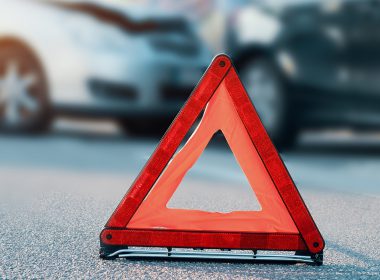Snapshot
- The Motor Accidents Injuries Act 2017 provides for no fault funeral expense benefits.
- The Act makes no changes to claims under the Compensation to Relatives Act 1897 but dependency benefits are capped.
- The Act permits claims for pure mental harm by persons who witness fatal accidents or who are closely related to the deceased.
The Motor Accident Injuries Act (the ‘Act’) provides for two streams of benefits and compensation in respect of deaths or injury caused in a NSW motor accident on or after 1 December 2017 as follows:
- a scheme of defined and limited statutory benefits under Part 3 of the Act; and
- claims for common law damages as permitted by Part 4 of the Act.
Where an accident results in a fatality (or injury), witnesses to the accident or close family members of the deceased (or injured person) can make claims for statutory benefits or common law damages if they sustain certain types of nervous shock as a result.
Funeral expenses
Section 3.4 of the Act provides for the payment of statutory benefits for the reasonable funeral expenses of almost all persons killed in a motor vehicle accident in NSW regardless of whether anyone was at fault and even if the deceased was at fault.
The usual disentitling provisions in Part 3 apply (ss 3.35, 3.36 and 3.37) so, for example, if the death occurred in a motor accident while the deceased was at work, his family would have to make a workers compensation claim (where the amount of funeral benefits is limited to $15,000) and not a motor accident claim.
Funeral expenses do not have to be reduced for any contributory negligence on the part of the deceased and they are not dependant on proving negligence on the part of someone or satisfying the insurer that the deceased was not wholly or mostly at fault.
There is no definition of ‘funeral expenses’ in either the Act, the Regulation or the Guidelines, however the SIRA website contains an outline of what would be included: funeral director’s professional fees, cost of the funeral service (including cremation or burial), coffin, mourning car, cemetery site, flowers, newspaper notice and death certificate.




